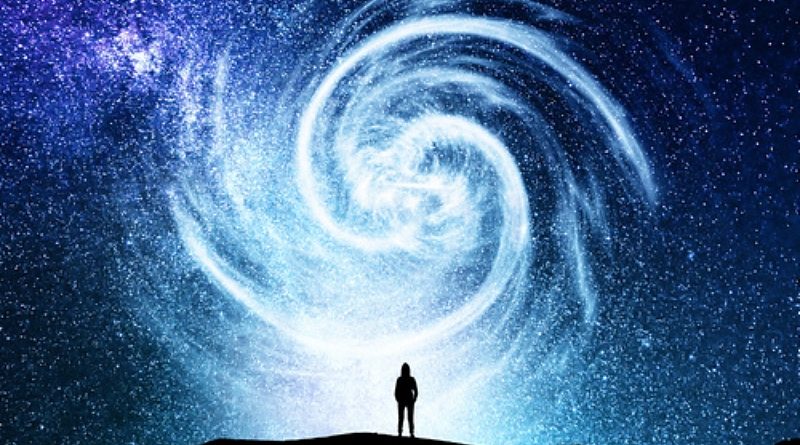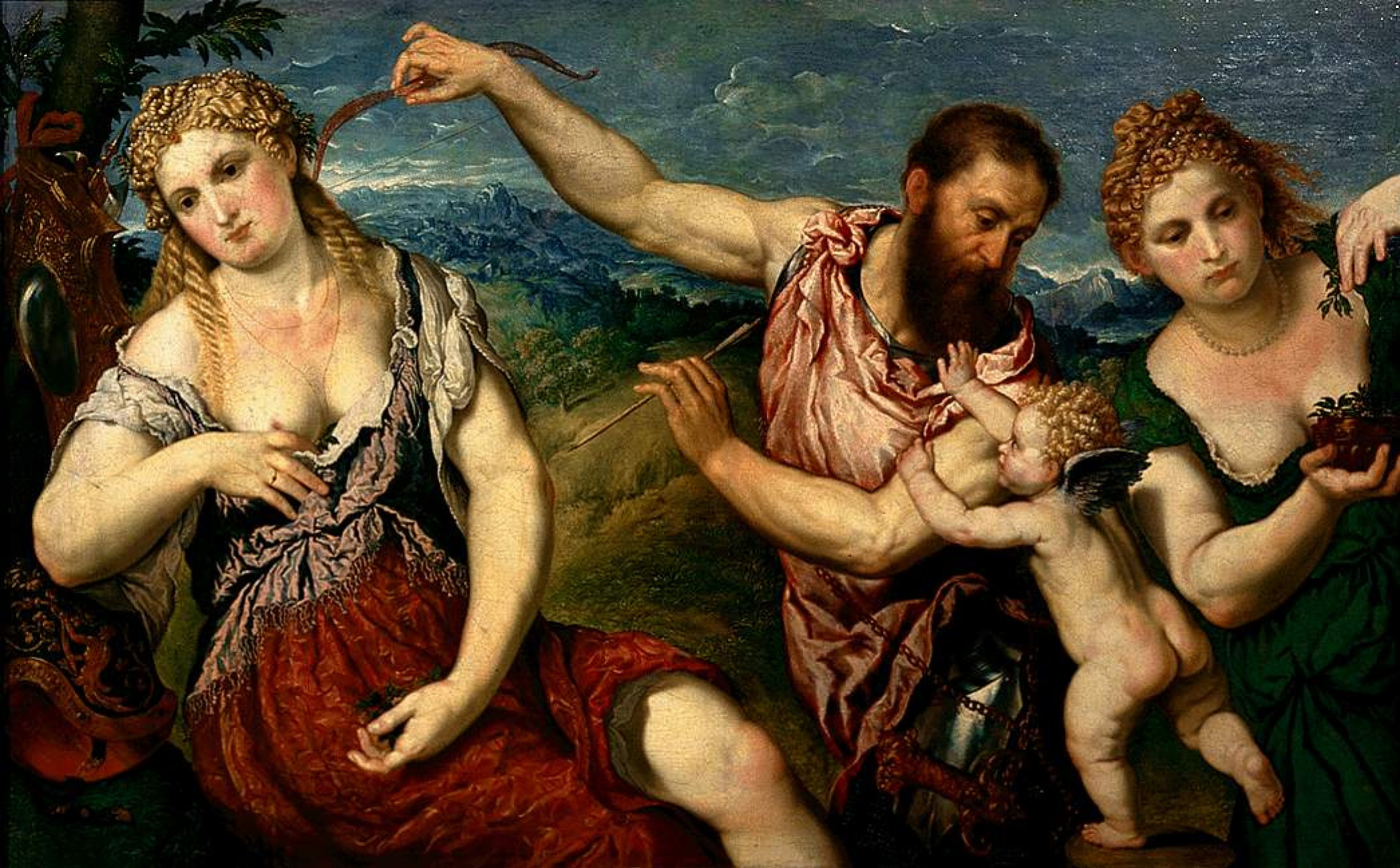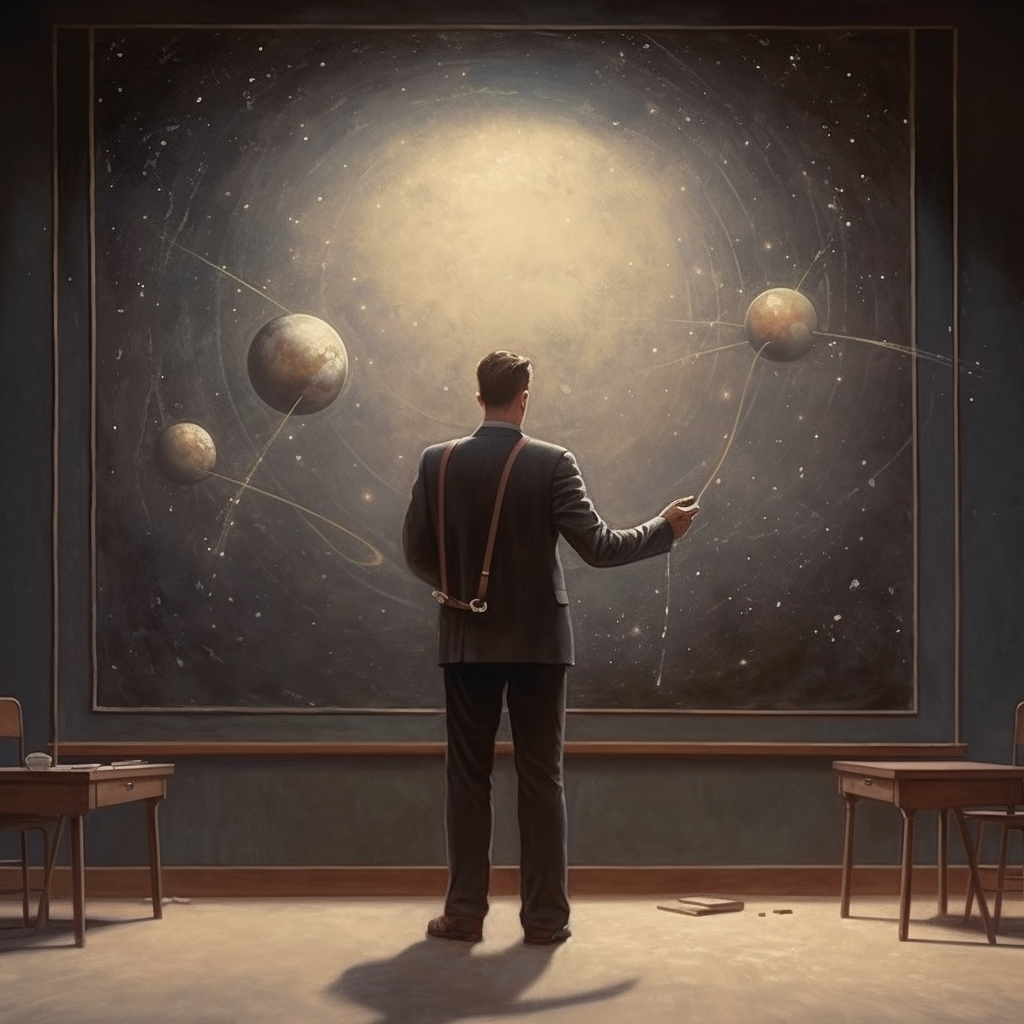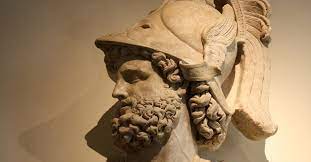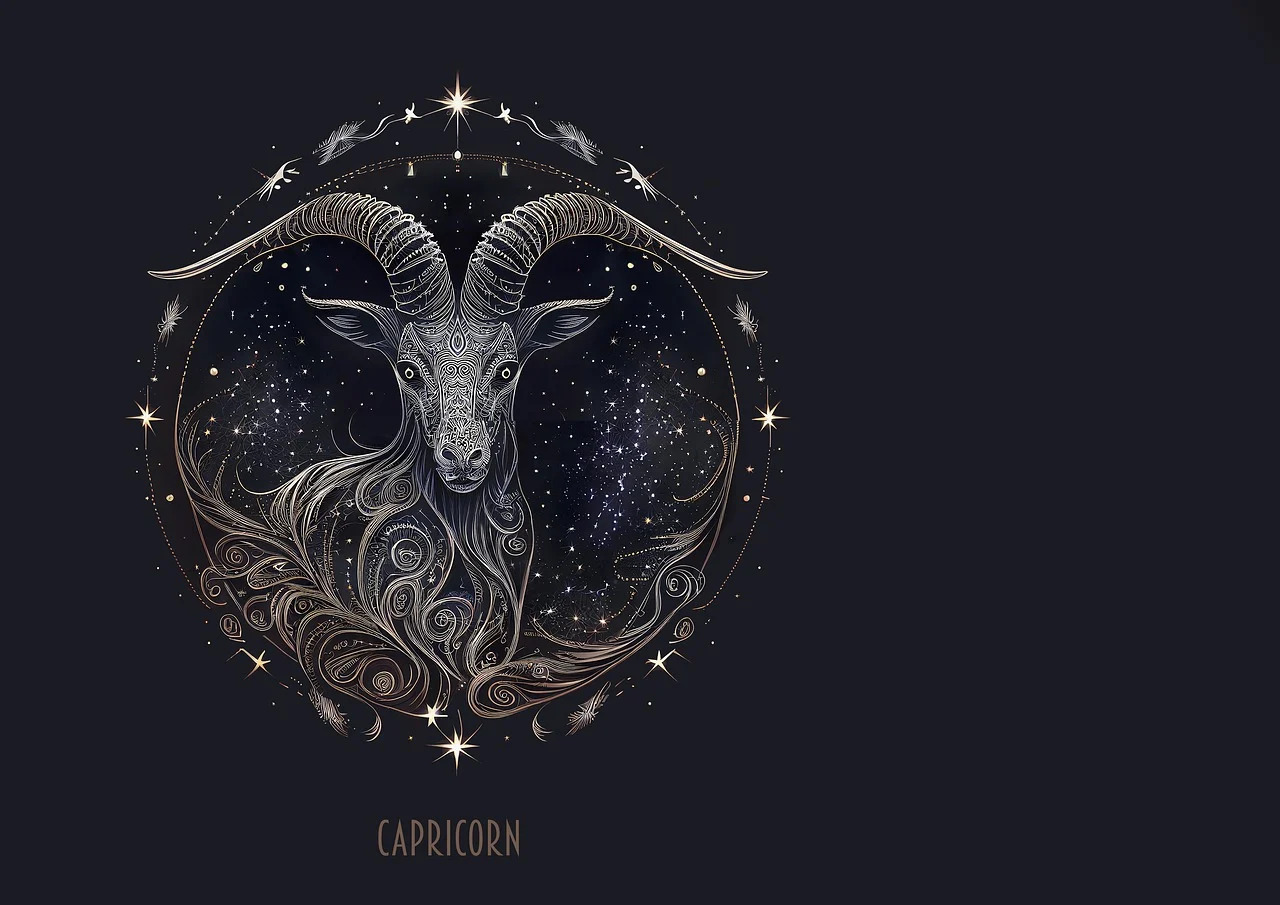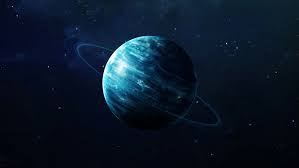How is it possible for unrelated events to occur simultaneously? For example, when you think of someone, they happen to be on the other end of the phone. You might hear a song on the radio that you were just thinking about. Sometimes, a particular theme might repeatedly show up throughout the day. All of these phenomena still remain a mystery for the modern human. We can’t explain random events with supernatural powers, of course. The theory of synchronicity, proposed by Carl Gustav Jung, a colleague of Freud and founder …
From the Sumerian Epic of Gilgamesh to Homer’s Iliad and Odyssey, we encounter heroes in various myths. These heroes might fall in love, sacrifice their lives to save the world, or transform from saints to warriors. Despite the fact that the battles we now fight as post-modern individuals, armed with courage, nobility, and valor, are often quite distant from the battles of old, we all still consider ourselves the heroes of our own lives. Joseph Campbell’s Monomyth theory describes how the hero embarks on a cyclical journey. Departing from home, …
“In China, a butterfly flapping its wings could cause a hurricane in Texas.” This idea, known as the butterfly effect, was proposed by meteorologist Prof. Edward N. Lorenz and is a fundamental concept in chaos theory. In ancient Greek cosmogony, the universe emerged from chaos. There is a journey from chaos to cosmos: order exists within disorder. Look at your heartbeat, ensuring your life through a consistent rhythm but exhibiting variability within itself. Or observe the waves of the sea; while the waves that crash onto the shore erode the …
Astrology has been used for divination purposes since ancient times. Predictions based on the positions of stars and planets in the sky have been made about the future of kings and countries, plagues, illnesses, harvests, and more. In the 700s BC, personalized birth charts began to be interpreted, and a person’s fate was increasingly believed to be determined by the stars. Although astrology and the concept of the future have evolved side by side, they present a paradox for the modern human. This is where the words of a character …
If Venus asks, Mars demands. If Venus waits, Mars takes action. If Venus is feminine, Mars is masculine. Although Venus’s peace-seeking nature may seem to clash with Mars’s war-thirstiness, Venus hides Mars within it. Even though we know Aphrodite, also known as Venus, as the goddess of love in popularized Roman-Greek mythologies, her Sumerian and Babylonian counterparts, Ishtar and Inanna, respectively, are known as the goddesses of love and war. Venus goes hand in hand with the fiery nature of Mars. Although we drape Venus in pink caftans in modern …
Jung, an important thinker in the field of psychology, studied the structure of the soul within an analytic framework as well as the structures of the mind from a spiritual standpoint. He was influenced by Freud and followed in his footsteps for many years until their disagreements drove them apart. Jung gathered his views under the title of “analytical psychology” and introduced concepts like complexes, archetypes, and the collective unconscious to psychological literature. What set him apart was that he used astrology, dreams, alchemy, mythology, kundalini, and Christian mysticism in …
The red planet Mars is among the smallest planets of the solar system and among the planets closest to Earth. It takes its name from the Roman god of war, Mars. Just like instincts, the igneous formations on the planet seek an outlet. Mars is like a wild animal that detects its prey and attacks; it only wants the smell of blood. Formerly known as the god of storm in Greek mythology; the god of war Ares is known as Mars in Roman mythology. Born of the union of Hera …
Once upon a time, there was a rabbit who boasted about being able to run faster than anybody else. This rabbit always made fun of the turtle for being so slow. One day, the turtle said to him, “It’s true that you run very fast, but if we race, I may beat you.” You may be familiar with the rest of the story: The turtle moves towards the finish line with slow, heavy steps. The rabbit thinks it has plenty of time and sleeps. And when it wakes up, it …
Uranus, covered in blue haze, consists of immense gases—hydrogen, helium, and methane—which give the planet its color. The planet’s blue appearance is caused by the methane in the upper layers of its atmosphere that absorbs red light. It has a frozen and hazy atmosphere with a temperature that drops as low as −215°C. Uranus has a mass about 15 times that of Earth and a volume 100 times that of Earth. If we were to take a closer look at Uranus, we could say that it was a motionless planet, …

